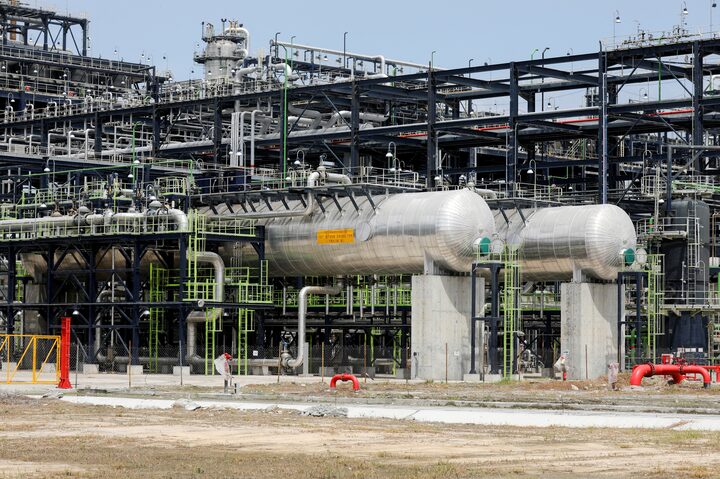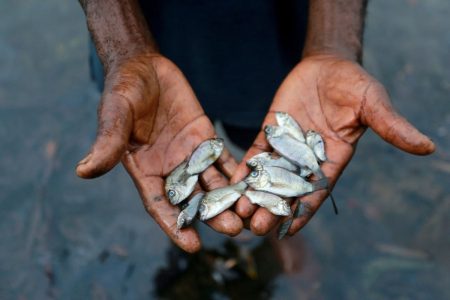
Lagos — The Dangote Oil Refinery has called on Nigeria’s upstream oil regulator to force producers to abide by a law that stipulates they supply local refineries, saying that lax enforcement was raising its operational costs.
The 650,000-barrel-per-day capacity refinery, built by Africa’s richest man Aliko Dangote on the outskirts of Lagos for $20 billion, has struggled to get sufficient supplies from Nigeria, where vandalism and low investment impede oil production.
In a statement issued on Friday, Dangote Refinery accused the Nigerian Upstream Petroleum Regulatory Commission (NUPRC) of failing to enforce the Domestic Crude Supply Obligation (DCSO), a provision that requires crude oil producers to supply domestic refiners with a portion of their production.
“Our concern has always been that the NUPRC is pushing, but the international oil companies are not following the instructions,” said Anthony Chiejina, a Dangote Refinery spokesperson in the statement.
“Consequently, we often purchase the same Nigerian crude from international traders at an additional $3-$4 premium per barrel which translates to $3-$4 million per cargo,” he said.
The refinery said it was expecting to receive 15 cargoes for September out of which NNPC had allocated them six.
In a statement, the NUPRC said some producers were experiencing operational challenges while others had pledged most of their output to oil traders who financed drilling. It also said forcing them to raise their supply would violate their contracts.
Dangote Refinery requires 325,000 bpd of supply, but since it started operating in January, it has received nearly half of that amount, data from the regulator shows.
The DCSO was created by Nigeria’s 2021 Petroleum Industry Act, but it has proven difficult to enforce due to dwindling oil production and the cash-strapped state-owned Nigerian National Petroleum Corporation using much of its production for crude-backed loans.
The Dangote Oil Refinery has also had a row with the downstream regulator over fuel imports, as it scrambles to compete in a challenging, opens new tab environment.
*Isaac Anyaogu; editing: Miral Fahmy – Reuters



